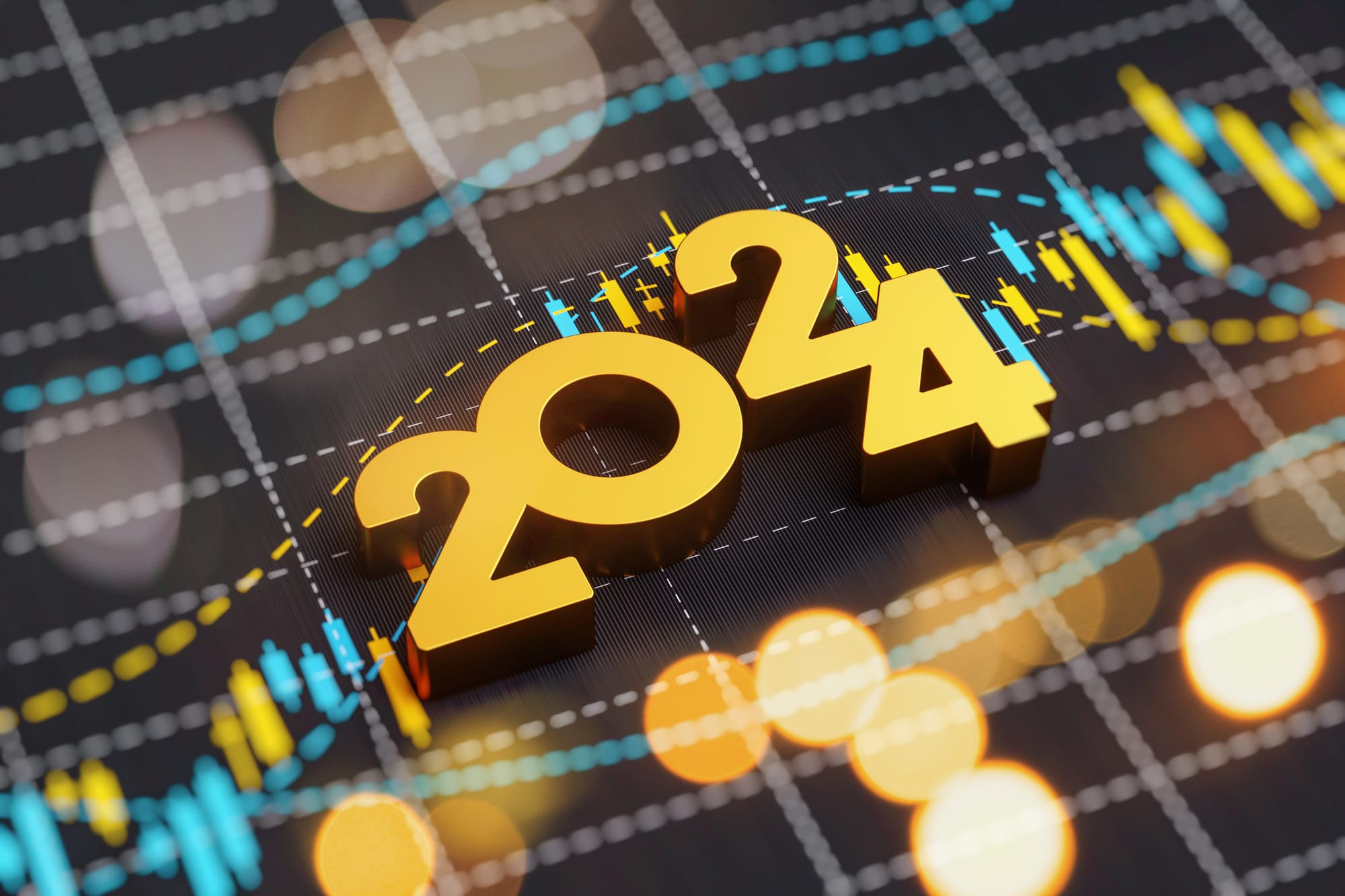Development Prospects of Madagascar: Social and Economic Conditions for Investment

Madagascar, as one of the largest islands in the world, is characterized by its unique biodiversity and rich natural resources, including minerals, raw materials, and endemic ecosystems. As of 2023, Madagascar had a population of approximately 30.3 million, and its economy is growing, in an effort to keep up with population growth.
The political situation in the country is very stable. In December 2023, Andry Rajoelina was re-elected as President after winning the first round of the presidential elections held on November 16, 2023. Subsequently, Christian Ntsay was reappointed as Prime Minister. Parliamentary elections were held in May 2024, where the president's party won an absolute majority in the National Assembly, strengthening political stability and allowing for the formation of a new cabinet with 27 ministers, including 12 women.
Madagascar's economic growth is strengthening, reaching 4.5% in 2024 compared to 3.8% in 2023. This growth is driven by agriculture, mining, manufacturing (especially textiles), and telecommunications. The tourism sector continues to rebuild post-pandemic, with tourist numbers from January to July 2024 reaching 88% of the 2019 levels. The growth in agricultural production, particularly rice, contributes to overall economic growth. Private investments and structural reforms in the mining and digital sectors are key to further economic development.
Inflation slowed to 7.6% in July 2024 from 12.4% in March 2023, due to higher agricultural production and tighter monetary policy. The central bank raised interest rates in August 2024 in response to persistent inflationary pressures. The banking sector remains profitable and liquid. The current account deficit widened to 3.5% of GDP in the first half of 2024, mainly due to lower export volumes and prices of several major exports (nickel, cobalt, cloves). However, external financing helped maintain international reserves at 5.7 months of imports.
Madagascar aims to create an attractive investment climate, focusing on sectors such as agriculture, textiles, mining, information and communication technologies, and tourism. According to the investment guide prepared by COMESA, the main areas of investment opportunities are agriculture, textiles, renewable energy, and tourism. The introduction of tax incentives and simplification of registration procedures for investors aim to attract foreign capital.
In 2024, direct flights from Dubai to Antananarivo were launched to increase Madagascar's accessibility on the international stage and attract more tourists and investors from the Middle East. The new air connection not only facilitates tourist travel but also creates new opportunities for business and trade, strengthening Madagascar as a key player in regional trade.
Summary
Madagascar faces enormous challenges but also has the potential to become an important player on Africa's economic map. Political stabilization, structural reforms, and investments in human capital are key to achieving sustainable economic growth and attracting investments. Madagascar offers broad investment opportunities, especially in sectors such as agriculture, textiles, information technology, and tourism, and new initiatives, such as the launch of direct flights from Dubai, increase the country's attractiveness to foreign investors.